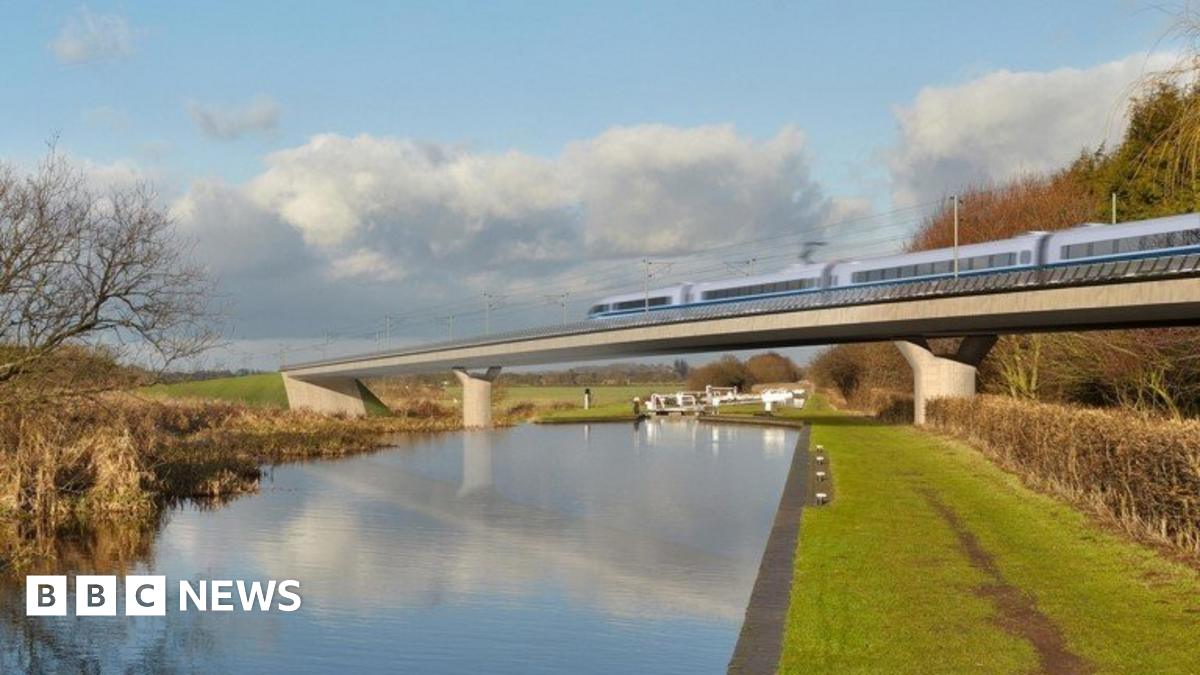Originally posted by Gordon
View Post
Last train for poole 23.05 arr 01.30
First morning train 05.28 arr 07.53
So as you say, no apparent probs with extra pay/turnrounds there ?
to Southampton there are trains at 00.05 and 01.05 !!
 ), our attention was drawn to this
), our attention was drawn to this 
 ]
]


Comment